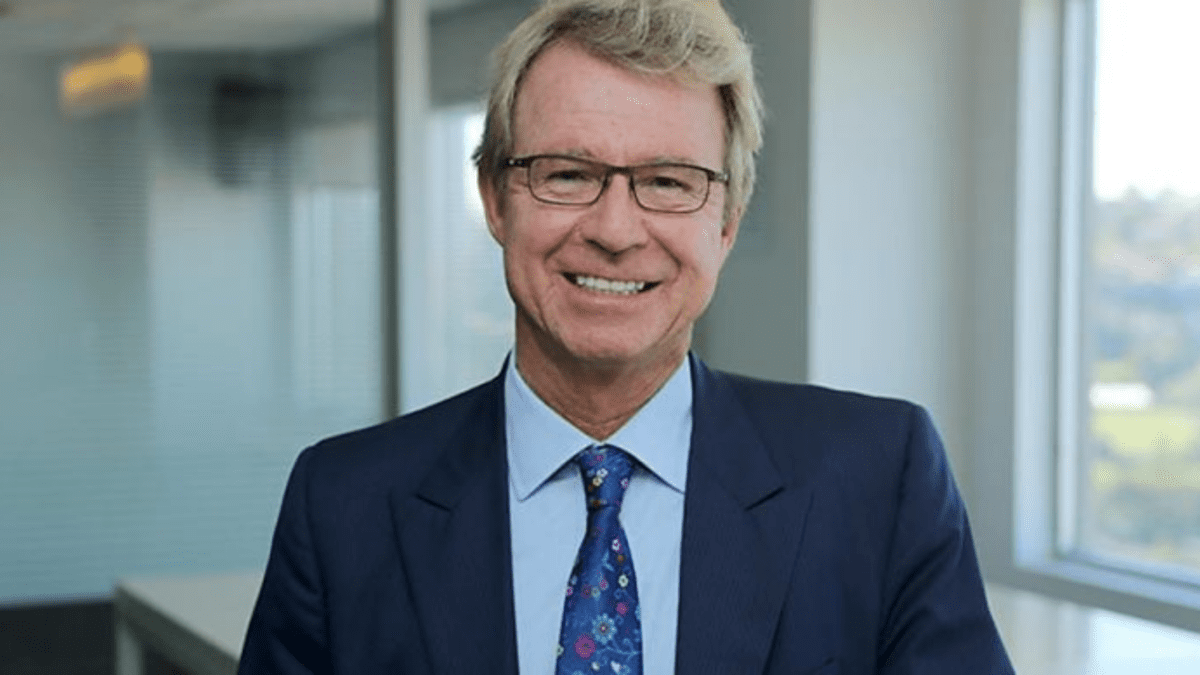Backing Buffett’s Big Japan Bet
It seems as if Japan does not get a lot of respect from external investors, for good reasons.
The Nikkei index appears to disprove the theory that the sharemarket delivers superior long-term investment returns, being at the same level now that it was back in 1991.
Almost 31 years on from its record high, the Nikkei is still languishing about 40% below the peak of 38,915 it reached in December 1989. The Japanese stock market’s uphill climb to regain lost ground is the longest in the history of any major economy.
The ensuing decades have mostly seen paltry economic growth, a strong yen, the zero-interest-rate policy, deflation, over-regulation, and companies reluctant to reform, although the “Abenomics” policies of the ruling Liberal Democratic Party (LDP) since 2012, under Prime Minister Shinzo Abe, briefly appeared to break the Japanese mold.
But even before COVID hit this year, the Japanese economy was heading back into recession, with real Gross Domestic Product contracting in Q4 2019 after a consumption tax was implemented in October. The economy shrank further in the March quarter, and then slid to an annualised 28.1% drop in the second quarter of 2020.
Japanese were hoping that a state of emergency put in place to cover COVID, and significant fiscal and monetary stimulus – including “unlimited” purchases by the Bank of Japan of Japanese government bonds (JGBs), and increased purchases of exchange-traded funds (ETFs), Japanese real estate investment trusts (J-REITs), corporate bonds, and commercial paper – should position Japan to rebound from the current crisis.
Then, last month, the country lost the architect of Abenomics, when Prime Minister Abe stepped down because of ill health.
This week, Japan’s Chief Cabinet Secretary Yoshihide Suga, a close ally of Mr. Abe, was elected leader of the parliamentary LDP, and thus, Prime Minister, with the vote subsequently confirmed in the Diet, Japan’s lower house.
It all seems a very uncertain environment in the Land of the Rising Sun, so it was a big surprise to many people when, late last month, famed investor Warren Buffett’s Berkshire Hathaway revealed a US$6 billion ($8.2 billion) in the stocks of five big Japanese trading houses, namely, Itochu Corp., Marubeni Corp., Mitsubishi Corp., Mitsui & Co., and Sumitomo Corp.
Known as “sogo shosha,” these companies are conglomerates that import almost everything from energy and metals to food and textiles, trade commodities, provide services to manufacturers, and are big investors in their own right.
According to a report from one of them, Marubeni, in 2016 the revenue of the big five “sogo shosha” accounted for about 15% of Japan’s GDP, and in fiscal 2015 they accounted for around one-third of Japan’s imports and about 18% of its exports.
The Buffett investment has galvanised a new interest in Japan.
In Australia, there are only a handful of direct exposures to the country. In the unlisted space, there is the $541 million Platinum Japan Fund, and two much smaller funds (which mirror each other), the Pendal Japanese Share Fund (managed by MFS) and the BT Japanese Share Retail Fund.
In exchange-traded funds (ETFs), there is the iShares MSCI Japan ETF (ASX code: IJP) and the BetaShares Japan ETF – Currency Hedged (ASX: HJPN).
The interesting thing about HJPN is that, apart from being currency hedged, it is benchmarked to a very different index to its iShares counterpart, the S&P Japan Exporters Hedged A$ Index.
“The big Japanese exporters are actually a window onto the global economy,” says Alex Vynokur, CEO at BetaShares. “Buffett’s pick of the five trading houses is actually quite interesting in that it taps into Japan’s trade with the rest of the world.
“The themes that our ETF taps into are very similar to the theme that Warren Buffett seems to want to tap into with his investments. Interestingly enough, the Japanese economy has offered investment opportunities for quite some time, but a lot of those opportunities have essentially been avoided or ignored or deferred. But Japan is definitely now coming to the fore a lot more, and HJPN is highly targeted to Japan’s strongest sector in the current environment,” Vynokur says.
The Buffett bet is based on a reassessment of Japan, Vynokur believes. “Japan has been shunned by the investment world for many years in the past because of its ultra-low interest rate environment. And it was always believed that Japan’s economy would struggle to grow, because of that chronic low-interest rate-environment. Well, guess what, the rest of the world is now is now Japanified, basically.”
As a currency-hedged ETF, Vynokur says his firm’s HJPN offers something of a bonus to Australian investors.
“The rationale for the currency hedging is that Japanese exporters are at their best when the yen is weak. When you have a Japanese export-tilted portfolio, which is really what’s delivering growth for Japan, you actually want to mitigate your exposure to the weak yen. That is the reason why our ETF is currency-hedged, we think it’s actually very important, because when Japan is really firing is when exporters are doing well, and exporters are doing well when the yen is weaker as opposed to stronger. In other words, a strong yen is a barrier to exporters being at their strongest,” he says.
If you have your investment exposed to currency risk, there is always the risk that the Yen/A$ exchange rate take away some of the gains you’re getting from the strong exporters. “But right now, and this is quite important as well, you’re actually getting paid to hedge the currency, because of the difference in the rates between the A$ dollars and the Yen,” he says.










